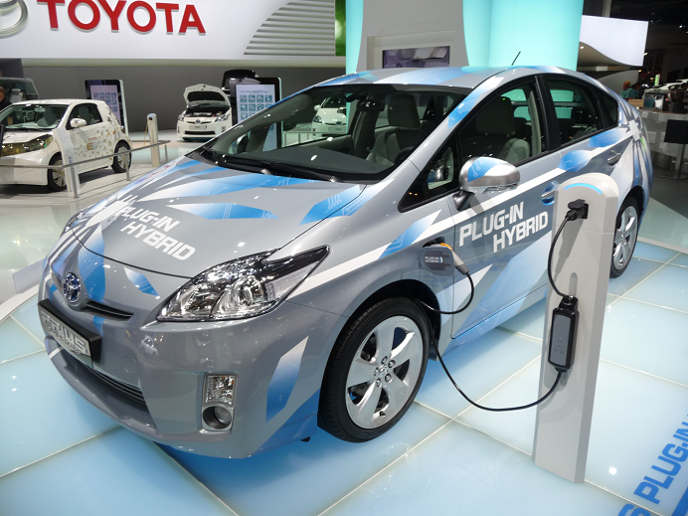Hybrid cars have become increasingly popular as an eco-friendly and cost effective alternative to traditional gasoline powered vehicles. Combining the benefits of both electric and gasoline engines, hybrid cars offer improved fuel efficiency, reduced emissions, and enhanced performance.
As more people look to reduce their carbon footprint and save on fuel costs, understanding the key features and advantages of hybrid cars is essential. In this guide, we’ll explore eight important things you need to know about hybrid cars.
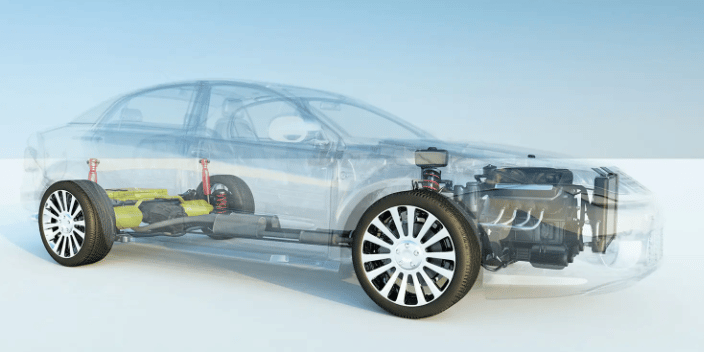
From how they work to their environmental impact and maintenance needs, these insights will help you make an informed decision if you’re considering a hybrid vehicle for your next purchase. Whether you’re new to hybrid technology or looking to update your knowledge, this comprehensive overview will provide you with valuable information about the innovative world of hybrid cars.
1. How Hybrid Cars Work
Hybrid cars operate using a combination of a gasoline engine and an electric motor. This dual-power system allows the car to switch between or simultaneously use both power sources, optimizing fuel efficiency and reducing emissions.
The electric motor is powered by a battery pack, which is recharged through regenerative braking and, in some cases, by the gasoline engine itself. When driving at low speeds or in stop and go traffic, the electric motor often handles the workload, conserving fuel.
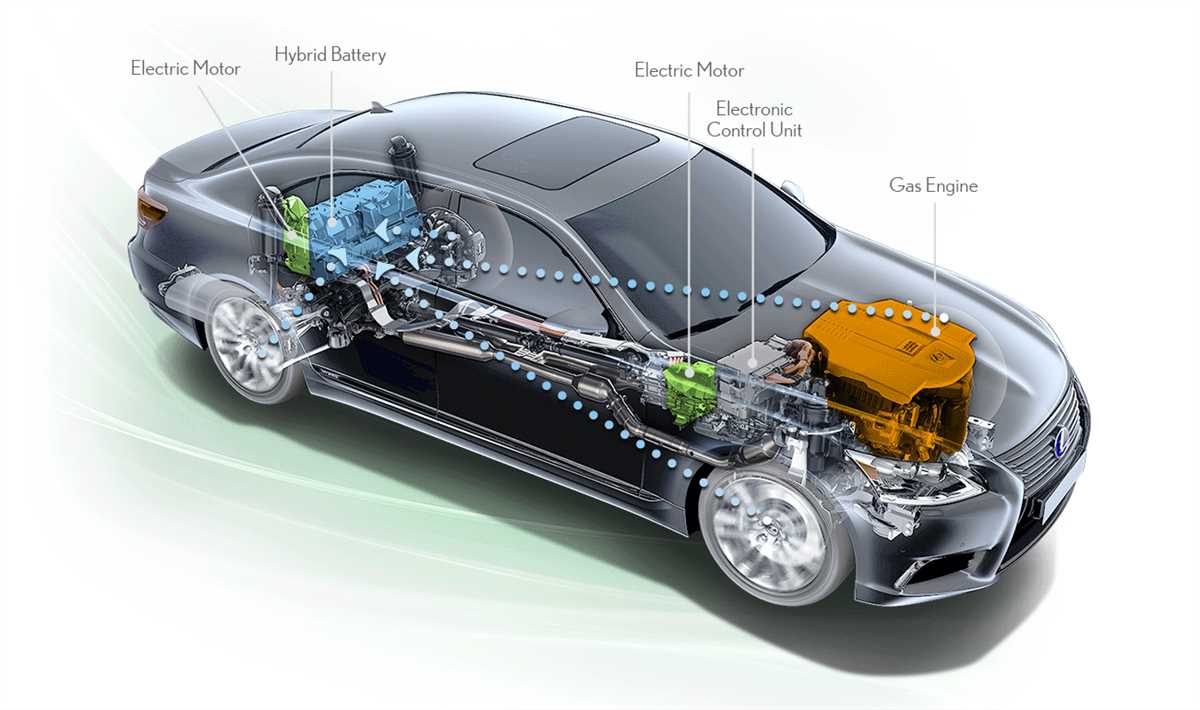
At higher speeds or when more power is needed, the gasoline engine kicks in. Some hybrids, known as plug-in hybrids, can also be charged via an external power source, allowing for extended electric-only driving ranges. This technology not only enhances fuel economy but also provides a smoother and quieter driving experience.
2. Fuel Efficiency
One of the primary advantages of hybrid cars is their superior fuel efficiency compared to conventional vehicles. By utilizing both electric and gasoline power, hybrids can achieve significantly higher miles per gallon (MPG).
This efficiency is particularly noticeable in city driving, where hybrids can rely more on their electric motor and regenerative braking to conserve fuel.

For example, a typical hybrid car can achieve an average fuel economy of 40-50 MPG, while traditional gasoline-powered cars may only reach 25-30 MPG.
This improved efficiency translates to lower fuel costs and fewer trips to the gas station. Additionally, the reduced fuel consumption helps decrease greenhouse gas emissions, making hybrids a more environmentally friendly choice.
3. Environmental Impact
Hybrid cars offer a more environmentally friendly alternative to traditional gasoline-powered vehicles by reducing emissions and conserving fuel. The combination of electric and gasoline power allows hybrids to produce fewer greenhouse gases and pollutants.
During low-speed driving or idle times, hybrids can operate solely on electric power, resulting in zero tailpipe emissions. Furthermore, the use of regenerative braking in hybrids captures and stores energy that would otherwise be lost, improving energy efficiency.
Some hybrids also use eco-friendly materials in their construction and feature improved aerodynamics to further reduce their environmental impact. While hybrids still rely on gasoline to some extent, their reduced fuel consumption and emissions make them a greener choice for eco-conscious drivers.
4. Performance and Driving Experience
Hybrid cars are designed to offer a balanced combination of performance and efficiency. The electric motor provides instant torque, resulting in quick acceleration and a smooth driving experience. Many hybrids also feature advanced technologies, such as continuously variable transmissions (CVTs), which enhance the driving experience by seamlessly transitioning between power sources.
The dual-power system in hybrids allows for responsive handling and a comfortable ride. Additionally, the regenerative braking system not only conserves energy but also provides improved braking performance.
While hybrids may not match the raw power of some high-performance gasoline vehicles, they offer a satisfying blend of efficiency and drivability that appeals to a wide range of drivers.
5. Maintenance and Longevity
Hybrid cars typically require less maintenance compared to traditional gasoline-powered vehicles. The electric motor and regenerative braking system reduce wear and tear on the engine and brakes, resulting in longer lasting components.
For instance, brake pads in hybrids tend to last longer because regenerative braking takes on much of the braking workload. However, hybrid vehicles do have unique maintenance needs.
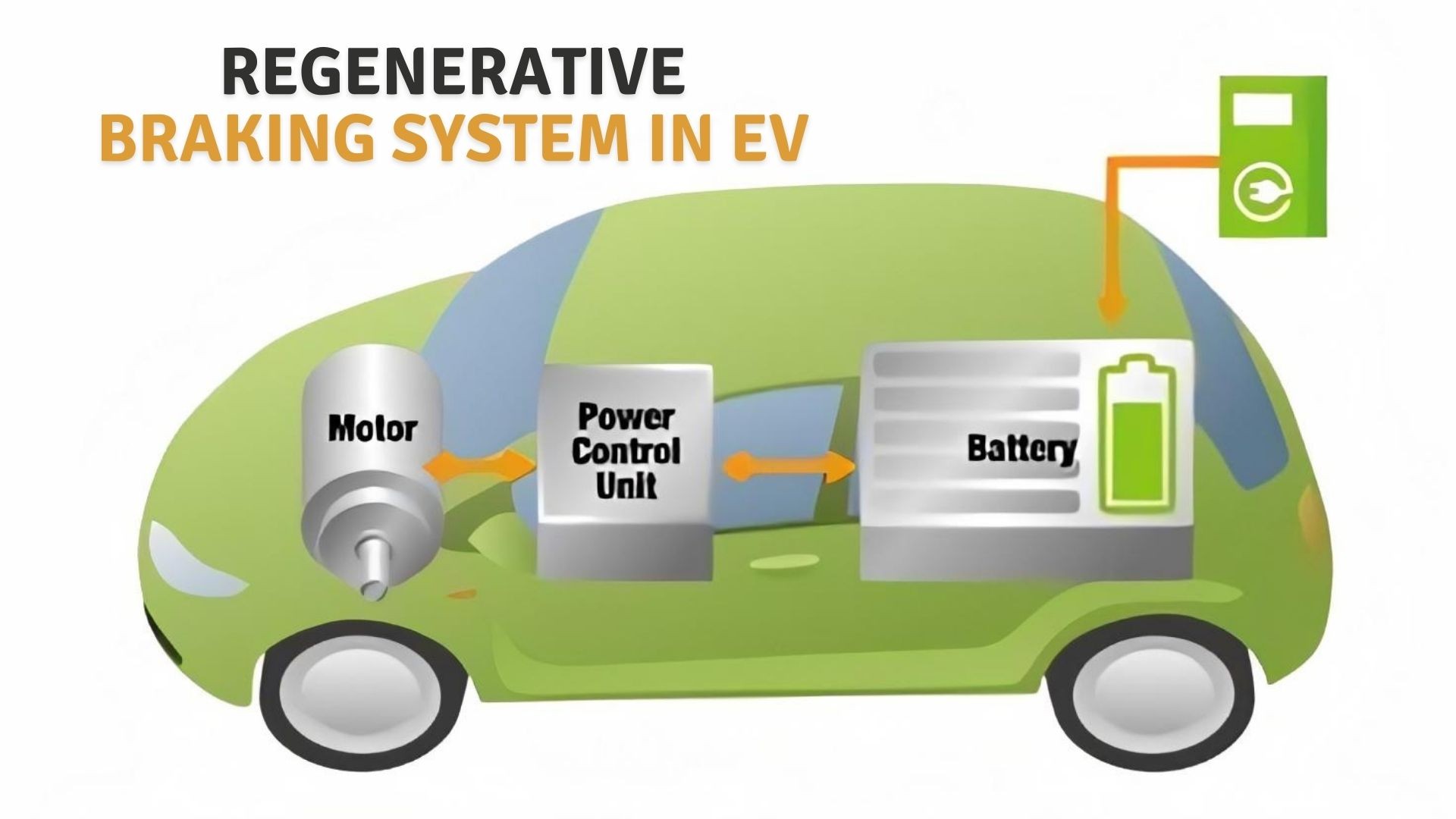
The battery pack, which is a crucial component of the hybrid system, may require attention over time. Most hybrid batteries are designed to last the life of the vehicle, but in some cases, they may need to be replaced after several years.
Regular maintenance of both the gasoline engine and electric motor is essential to ensure optimal performance and longevity. Despite these considerations, many hybrid owners find that the maintenance costs are comparable to or even lower than those of conventional vehicles.
6. Cost and Savings
While hybrid cars often have a higher upfront cost compared to traditional gasoline vehicles, they can offer significant long-term savings. The improved fuel efficiency of hybrids leads to lower fuel costs, and many drivers find that these savings can offset the initial price difference over time.
Additionally, hybrid owners may benefit from government incentives, tax credits, and rebates aimed at promoting environmentally friendly vehicles.
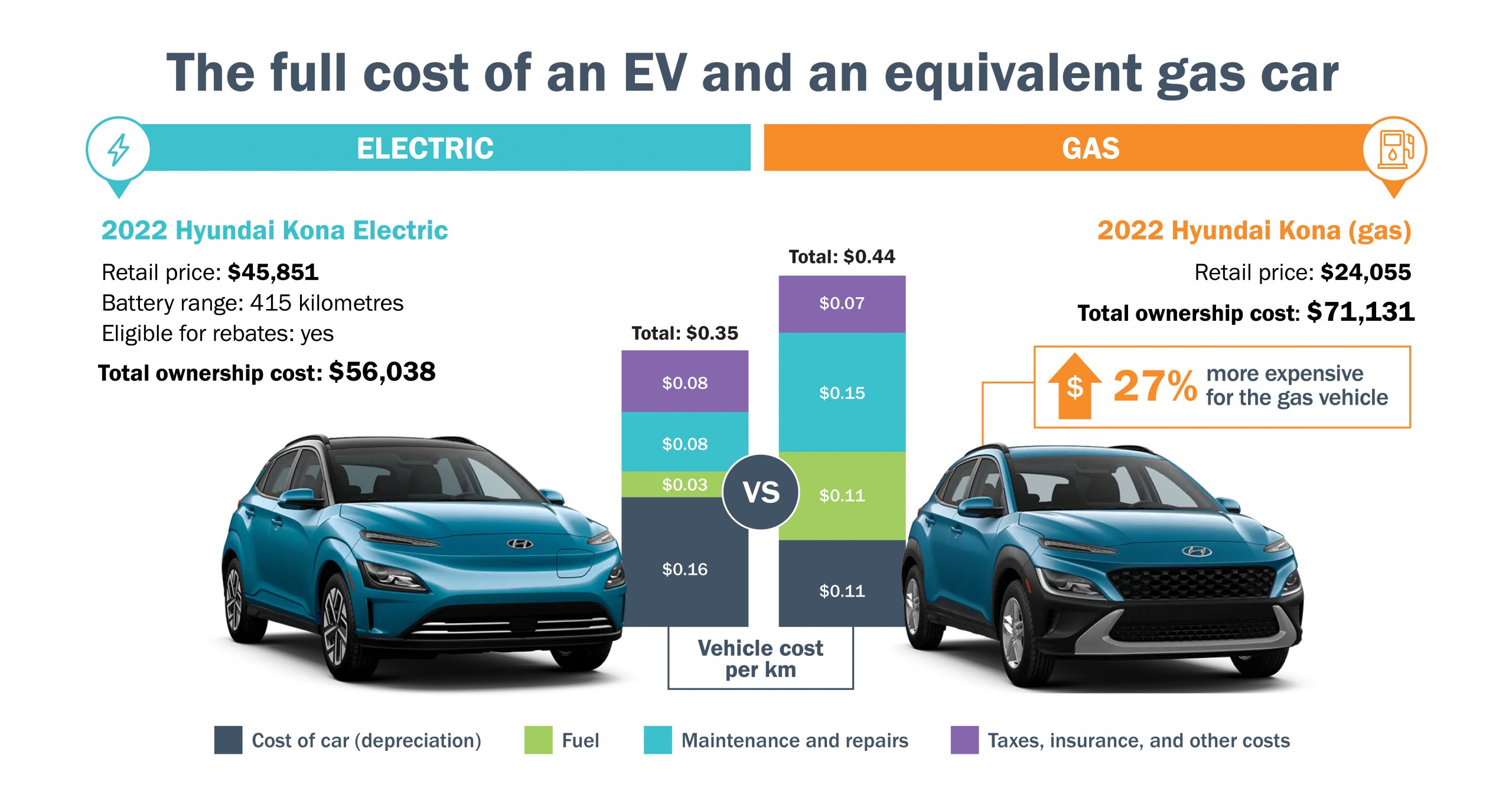
The lower maintenance costs associated with hybrids can also contribute to long-term savings. With fewer visits to the gas station and less frequent repairs, hybrid owners can enjoy reduced operating expenses.
When considering the total cost of ownership, hybrids often prove to be a cost effective choice for drivers looking to balance performance, efficiency, and environmental impact.
7. Resale Value
Hybrid cars often have strong resale values, reflecting their growing popularity and demand. As more consumers become aware of the benefits of hybrids, the demand for used hybrid vehicles has increased.
This trend is further supported by the rising cost of fuel and a growing emphasis on environmental sustainability. The higher resale value of hybrids can be attributed to their reputation for fuel efficiency, reliability, and lower operating costs.
Potential buyers are often willing to pay a premium for a used hybrid, knowing that they can save on fuel and maintenance expenses. For hybrid owners, this strong resale value means that they can recoup more of their initial investment when it comes time to sell or trade in their vehicle.
8. Market and Model Availability
The hybrid vehicle market has expanded significantly over the past decade, offering a wide range of models to suit various preferences and needs. From compact cars and sedans to SUVs and luxury vehicles, there is a hybrid option for almost every type of driver.
Major automakers, including Toyota, Honda, Ford, and Hyundai, offer hybrid versions of their popular models, providing consumers with more choices than ever before. As technology continues to advance, newer hybrid models come equipped with the latest features and innovations, further enhancing their appeal.

Whether you’re looking for a fuel efficient commuter car, a family friendly SUV, or a high-end luxury vehicle, the growing hybrid market has something to offer. This increased availability and variety make it easier for consumers to find a hybrid that fits their lifestyle and driving needs.
Hybrid cars offer numerous benefits, including improved fuel efficiency, reduced emissions, and lower maintenance costs. By understanding the key features and advantages of hybrid vehicles, you can make an informed decision about whether a hybrid car is the right choice for you.

